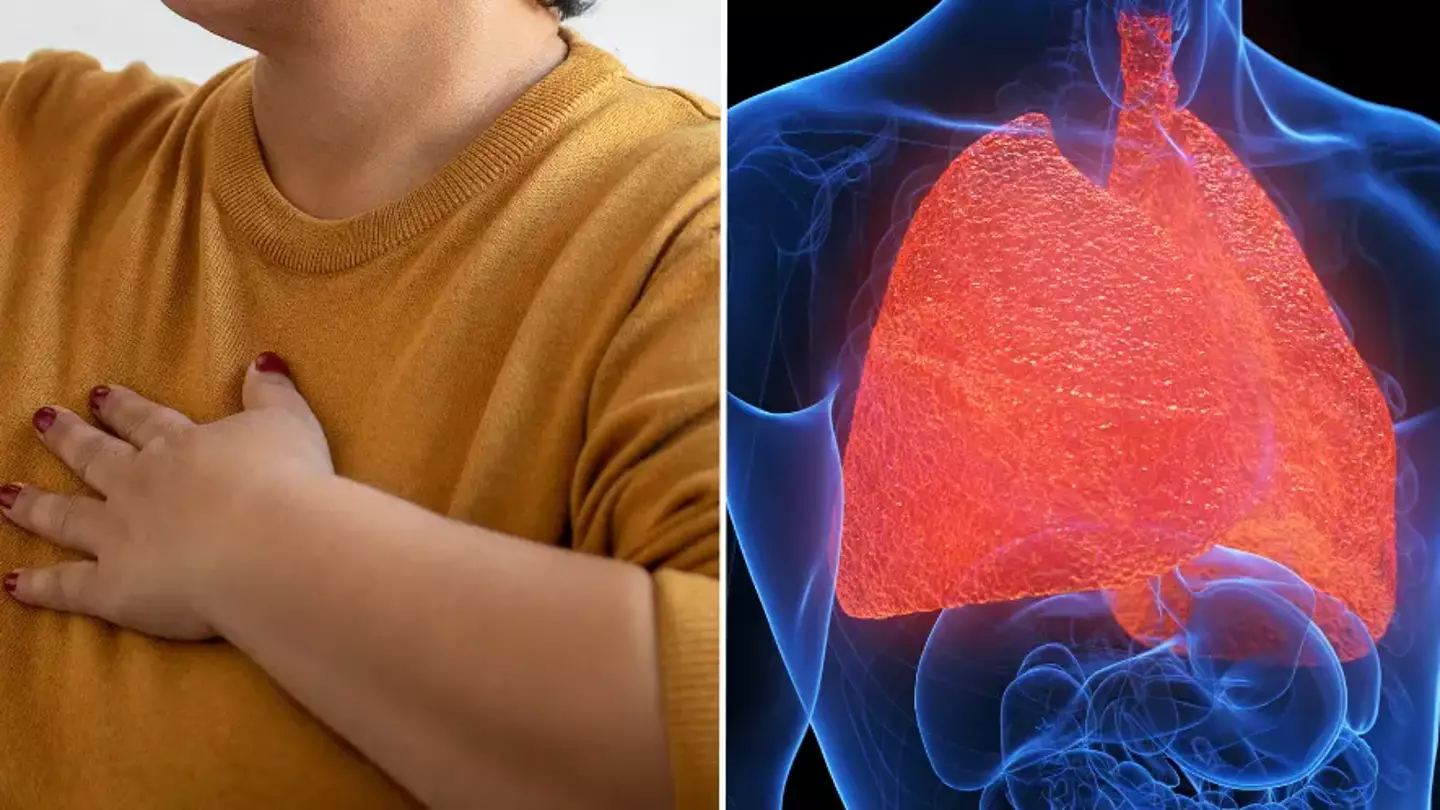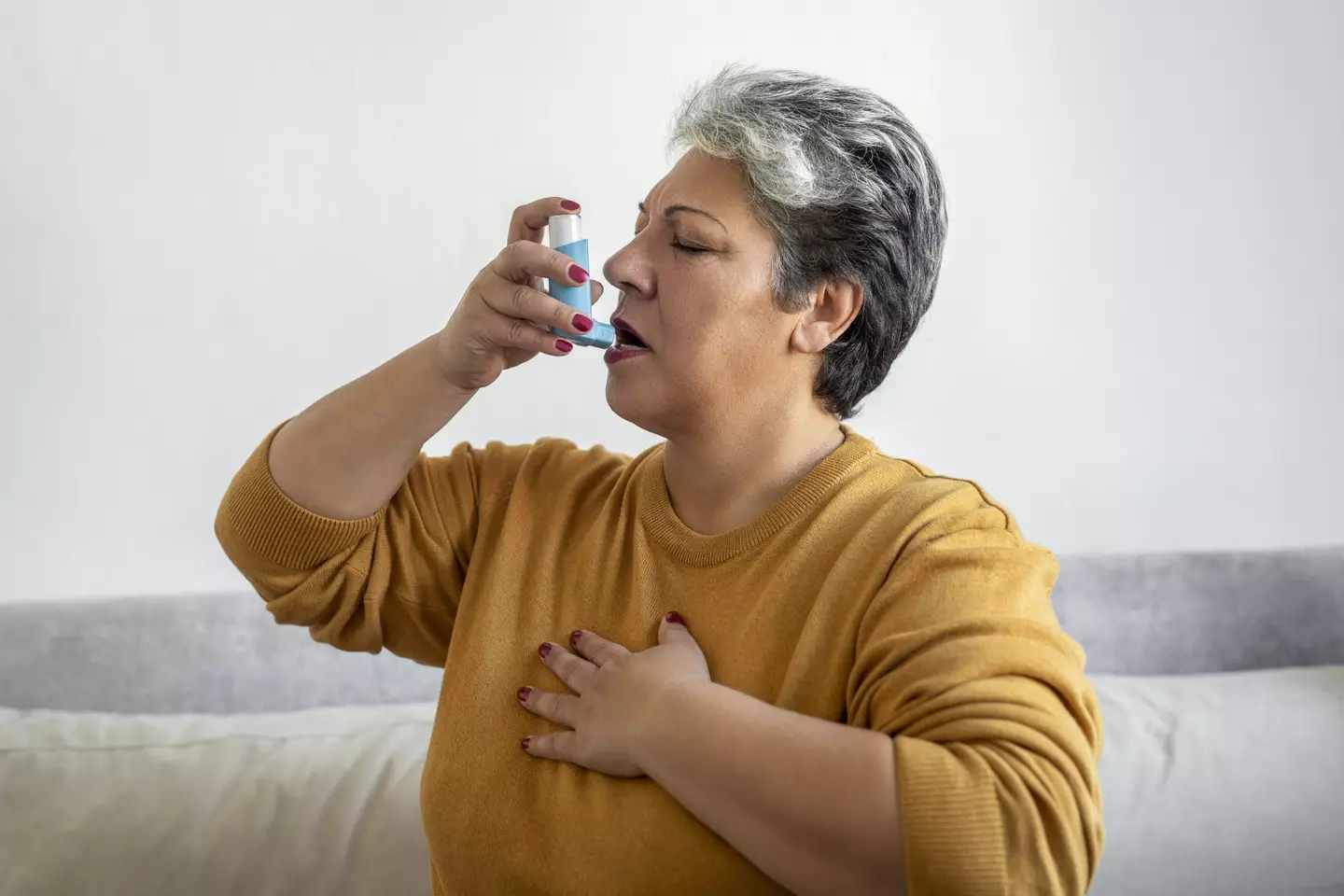
Experts are encouraging Brits to adopt 'healthier habits' in order to prevent developing a condition affecting 1.2 million adults in the UK.
Doctors are warning people about a group of lung conditions that reportedly cost the NHS £2 billion per year.
And according to experts, there are 'crucial' steps that we can take to ensure our risk of developing the conditions are as low as possible.
Chronic obstructive pulmonary disease includes conditions such as emphysema and chronic bronchitis, and leads to 30,000 deaths each year.
Advert

While there are uncontrollable factors that are linked to the conditions, such as suffering from asthma, there are a number of things we can avoid doing to better our chances.
Gabriel Lambert, a spokesperson for respiratory health technology company TidalSense, said: "Early diagnosis and intervention is crucial for managing COPD and improving quality of life for those affected.
"Greater public awareness could not only drive people to seek medical advice sooner but also lead to healthier habits and potentially reduce the burden on the NHS."
Advert
Factors such as smoking can make a real difference as to whether someone develops the conditions or not.

A new survey by TidalSense indicated that adults weren't aware of the symptoms, and therefore weren't taking the steps they needed to, in order to manage the disease.
Half of the respondents didn't realise fatigue was a common symptom of COPD, while 25 percent didn't know it could cause shortness of breath.
Advert
The expert added: "The findings of this study highlight a critical gap in public understanding of COPD, a disease that affects millions yet remains largely misunderstood.
"Despite being one of the leading causes of death in the UK, it's clear that a large proportion of the public is unaware of its symptoms or its primary causes."
Symptoms
According to the NHS, symptoms of COPD include:
- shortness of breath – this may only happen when exercising at first, and you may sometimes wake up at night feeling breathless
- a persistent chesty cough with phlegm that does not go away
- frequent chest infections
- persistent wheezing
They note that symptoms often get worse over time, and that flare ups - where symptoms are particularly noticeable or bad - can happen more regularly during the winter months.
Advert
Other, less common, symptoms include weight loss, tiredness, swollen ankles from a build-up of fluid, chest pain and coughing up blood (although this can be more serious).
Explaining how this advice could help people live a healthier lifestyle, Lambert said: "This lack of awareness is concerning because it means people are less likely to seek early help or make lifestyle changes that could protect their lung health."
